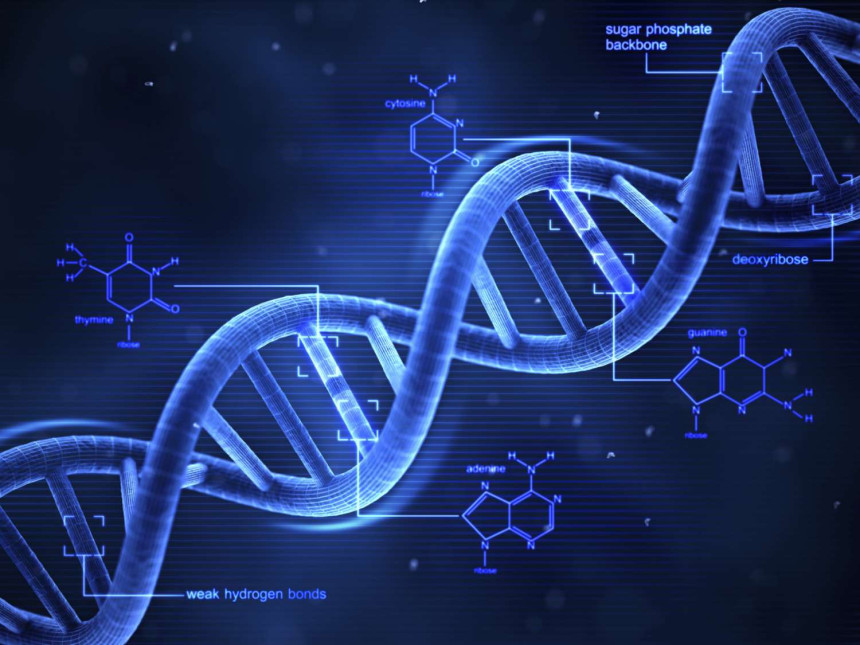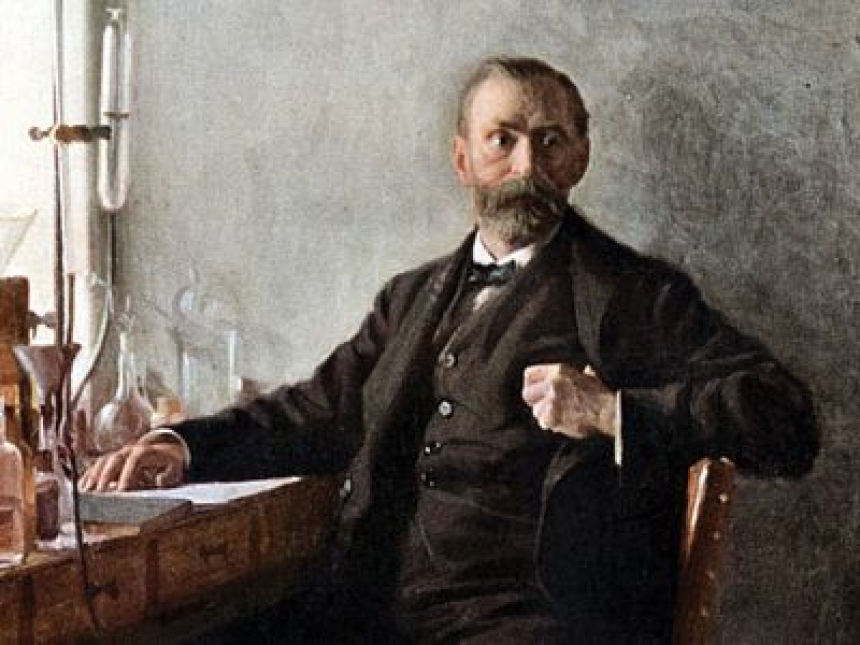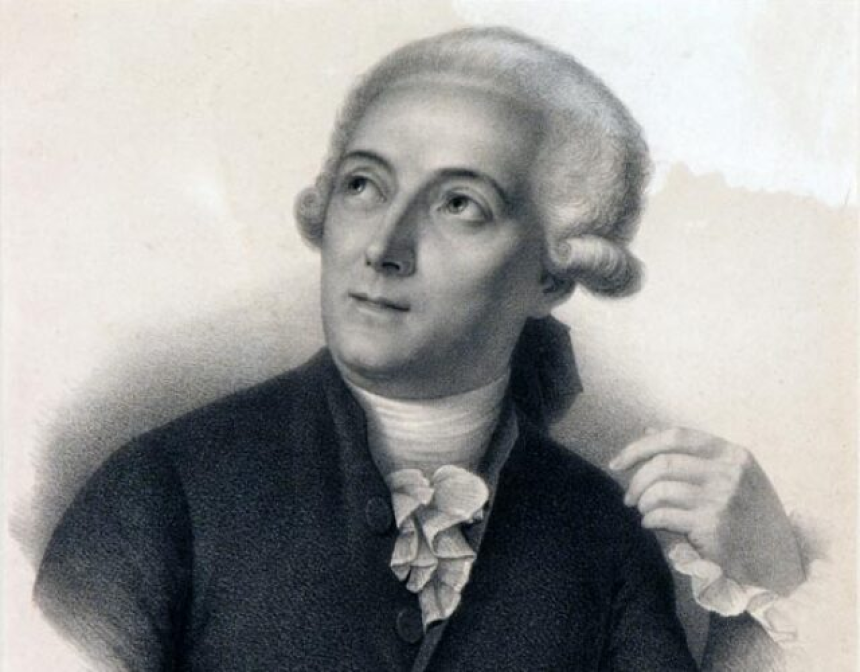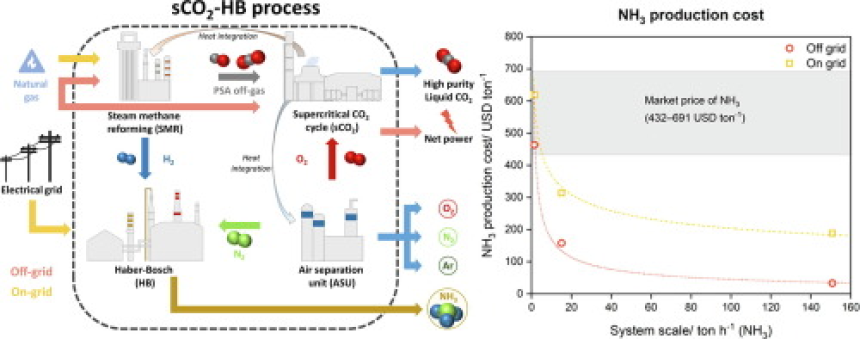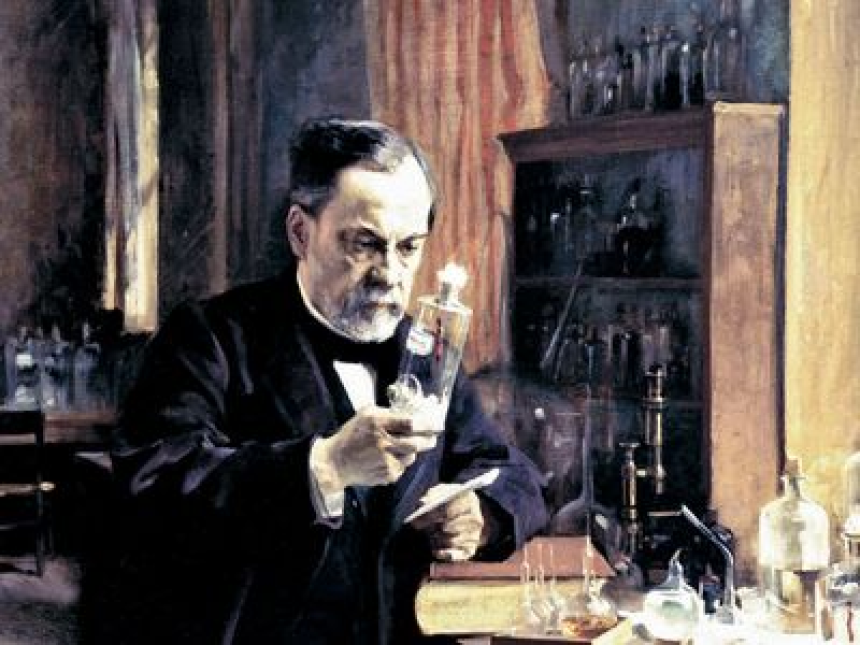
Louis Pasteur
Louis Pasteur: The Father of Microbiology
Louis Pasteur: The Father of MicrobiologyWelcome to our educational blog! Today, we will be exploring the life and contributions of one of the most influential scientists in history, Louis Pasteur. Born on December 27, 1822, in Dole, France, Pasteur is known for his groundbreaking discoveries in the field of microbiology. His work revolutionized medicine and laid the foundation for many of the practices we have today.
Early Life and EducationLouis Pasteur grew up in a humble family and showed great intellectual potential from an early age. He excelled in his studies and eventually earned his bachelor's degree in letters from the Royal College of Besançon. However, his true passion lied in the field of science.
Pasteur pursued further education at the École Normale Supérieure in Paris, where he studied chemistry. His exceptional skills were recognized, and he was later appointed as a professor of chemistry at the same institution. It was during this time that he made his groundbreaking discoveries.
Contributions to MicrobiologyPasteur's work in microbiology had a profound impact on the field and continues to shape our understanding of diseases and germs. Here are some of his most notable contributions:
1. Germ TheoryPasteur's research focused on disproving the popular theory of spontaneous generation, which claimed that organisms could arise spontaneously from non-living matter. Through a series of experiments, Pasteur conclusively demonstrated that living organisms only arise from other living organisms. This discovery led to the development of the germ theory, which states that diseases are caused by microorganisms.
2. VaccinationPerhaps Pasteur's most famous contribution to medicine is the development of vaccines. He created the first vaccines for diseases such as rabies and anthrax by weakening or attenuating the disease-causing organisms and injecting them into animals. This method, known as vaccination, triggers the body's immune response and provides immunity against future infections.
3. PasteurizationPasteurization is a process developed by Pasteur to eliminate harmful microorganisms from food and beverages. By heating the substances to a specific temperature, he was able to kill bacteria and other germs, ensuring safer consumption. Pasteurization has since become a standard method of food preservation.
Legacy and ImpactLouis Pasteur's contributions to science and medicine cannot be overstated. His work laid the foundation for modern microbiology and revolutionized our understanding of diseases and their prevention. His discoveries have saved countless lives and continue to shape medical practices today.
Moreover, Pasteur inspired future generations of scientists and researchers. His commitment to intellectual curiosity and rigorous experimentation serves as a guiding principle for the scientific community. His willingness to challenge conventional wisdom and push the boundaries of knowledge has left an indelible mark on the field of microbiology.
ConclusionIn conclusion, Louis Pasteur's impact on the field of microbiology is immeasurable. From his groundbreaking theories on germs and disease to the development of vaccines and pasteurization, his work has transformed the way we understand and treat illnesses. Pasteur's legacy serves as a testament to the power of scientific inquiry and its ability to improve human lives.
Frequently Asked Questions (FAQs)1. When was Louis Pasteur born?
Louis Pasteur was born on December 27, 1822.
2. What is Louis Pasteur known for?
Louis Pasteur is known for his contributions to microbiology, including the development of vaccines and the germ theory.
3. Where did Louis Pasteur study?
Pasteur studied at the École Normale Supérieure in Paris.
4. What is the germ theory?
The germ theory, developed by Pasteur, states that diseases are caused by microorganisms.
5. What is pasteurization?
Pasteurization is a process developed by Pasteur to eliminate harmful microorganisms from food and beverages through heating.

